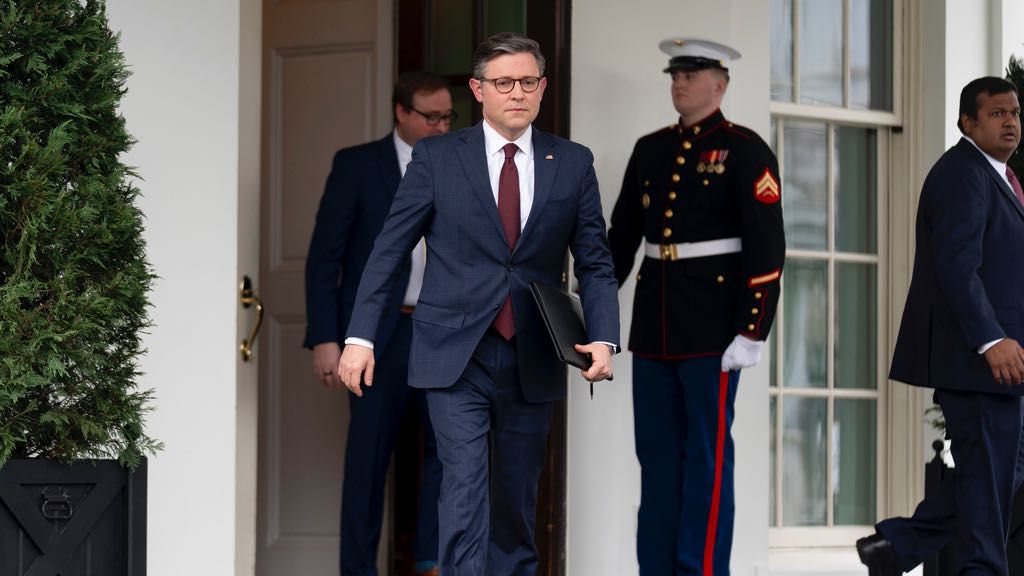Congressional leaders from both the House and Senate have an agreement on short-term continuing resolutions to keep the government running while they work to finalize two packages of appropriations bills finalizing the 2024 fiscal year budget, according to a joint statement released Wednesday afternoon.
"We are in agreement that Congress must work in a bipartisan manner to fund our government," House Speaker Mike Johnson, R-La., Senate Majority Leader Chuck Schumer, D-N.Y., Senate Minority Leader Mitch McConnell, R-Ky., and House Minority Leader Hakeem Jeffries, D-N.Y, as well as appropriations leaders from both chambers of Congress, said in a joint release.
Negotiators agreed, in broad strokes, on six bills, funding Agriculture, Commerce, Energy Interior, Military Construction and Transportation. The text of those bills will be finalized, packaged, voted on and enacted ahead of March 8. A second package of six bills, covering Defense, Homeland Security, Labor, the Legislative Branch and the Department of State will be finalized and enacted ahead of March 22.
To keep the government running in the meantime, Congress will have to approve stopgap funding bills to push those funding dates back.
"To give the House and Senate Appropriations Committees adequate time to execute on this deal in principle, including drafting, preparing report language, scoring and other technical matters, and to allow members 72 hours to review, a short-term continuing resolution to fund agencies through March 8 and the 22 will be necessary, and voted on by the House and Senate this week," the statement said.
The agreement came with only days to go before a partial shutdown began — the departements of Veterans Affairs, Agriculture, Housing and Urban Development, Transportation and Energy would close up shop after the March 1 deadline. Missing the March 8 funding deadline would have seen the Defense, State and Justice departments join them, alongside the Environmental Protection Agency and the Internal Revenue Service.
This is the fourth deadline the federal government has faced in nearly six months, starting with September — the scrapped deal at the end of the 2023 fiscal year, which led to the ouster of then-Speaker Kevin McCarthy by the GOP’s far-right flank. Schumer and Johnson have each blamed the other’s chamber — and each chamber’s majority party — for delays in negotiating a deal.
Democrats have emphasized funding social support programs, including food support, veterans programs, federal housing loans and air traffic controller training. Republicans — particularly the members of the hard-line conservative House Freedom Caucus — have their sights set on cultural issues: cutting federal funding for gender-affirming care, attacking Biden’s environmental and border policies, blocking student debt relief efforts and cutting federal funding for abortion services.
Congressional leaders agreed to general, top-line funding numbers in January, setting an overall $1.59 trillion spending budget, with $886 billion agreed upon for military spending, and $704 billion set for other federal departments.



